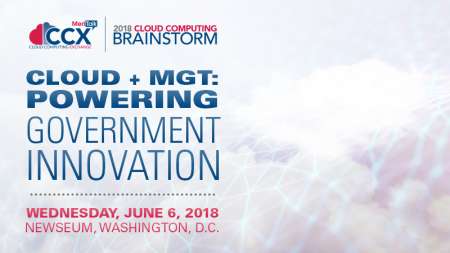On Tuesday, the Internal Revenue Service (IRS) online filing and payment portals went down for several hours. Tax Day, the biggest day of the year for IRS, and systems gave only cryptic messages with erroneous dates for “planned maintenance.” No doubt this wasn’t in the plan.
The outage underscores a technology conundrum that might not be nearing resolution just yet.
But help, or at least a firm legislative nudge, has just been approved. The House Wednesday passed the 21st Century IRS Act. Lawmakers are calling it a key piece in a package of bills that brings the first meaningful overhaul of the IRS in more than 20 years.
Within that package of proposed changes, Congress is calling for a comprehensive plan for agency reorganization by September 2020. IT initiatives figure prominently into that discussion, according to Rep. Mike Bishop, R-Mich., who sponsored the 21st Century IRS Act.

“We all understand the rapid changes our technology has experienced during this timeframe,” Bishop said. “The 21st Century IRS Act takes meaningful action to address this problem by providing the IRS much-needed tools to strengthen taxpayer protections and bringing IRS technology out of the 20th century.”
The bipartisan bill calls for new electronic filing options for small businesses, an increase in payments processed and refunds delivered electronically, and even promotes the use of new payment platforms through private sector partnerships. Think direct deposits via your favorite finance app.
The 21st Century IRS Act also clarifies and strengthens the role of the IRS CIO. In addition to broader authority, Congress is hoping to impose greater accountability on IRS’ IT head.
“The IRS CIO shall develop and implement a multiyear strategic plan for the information technology needs of the Internal Revenue Service,” the bill states. “Such plan shall include a plan for an integrated enterprise architecture of the information technology of the IRS.”
News of the Tax Day service outages seemed to catch acting IRS Commissioner David Kautter off-guard Tuesday, during a scheduled meeting with the House Oversight and Government Reform Committee.
“The IRS has invested significant resources in developing a series of online tools and applications so that those who prefer to interact with the IRS online can do so easily and securely,” Kautter said, after acknowledging the outages. “The plan is to continue investments in online tools and offerings and modernizing the taxpayer experience.”
That much seems true. But those investments haven’t always seen returns. Efforts to modernize the IRS’ Individual Master File, the IT system used to process returns that is approaching 60 years old, have seen multiple delays, with several cash outlays failing to yield meaningful results.
Congress was able to deliver on sweeping tax reform, but a breakthrough on IRS’ dated IT architecture isn’t here yet. Passage of the 21st Century IRS Act Wednesday, along with the other key IRS reforms, could be a strong step toward that breakthrough. Tax Day is over, but next year it might bring fewer headaches.

